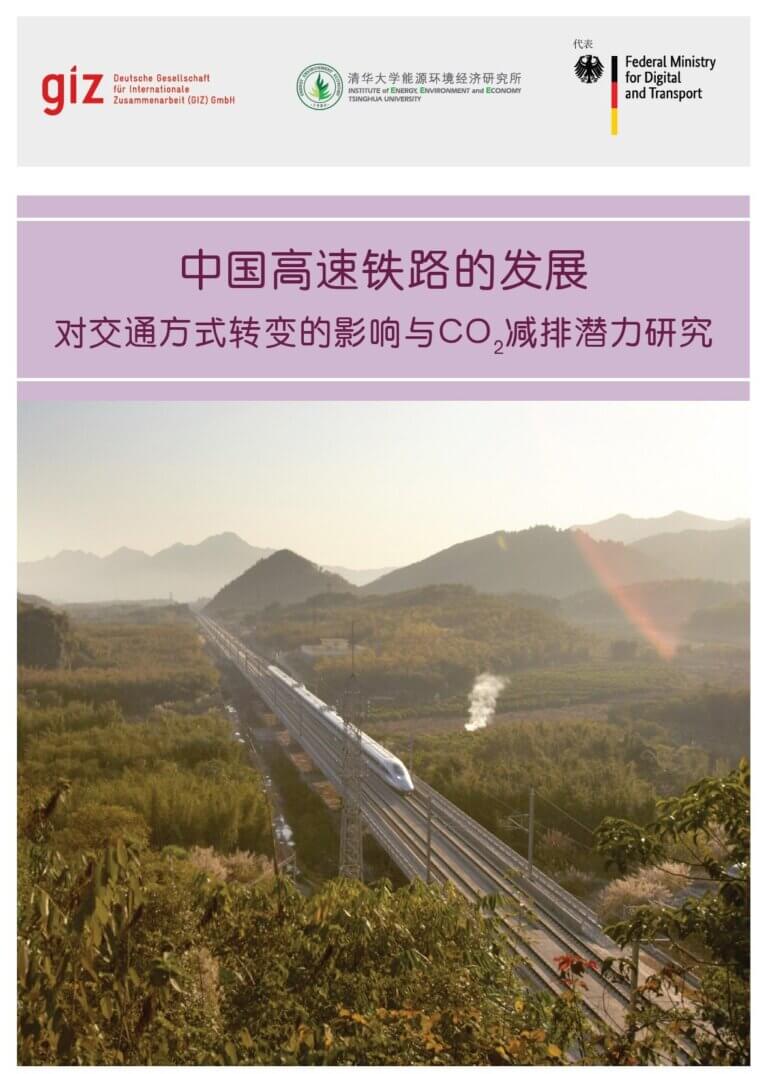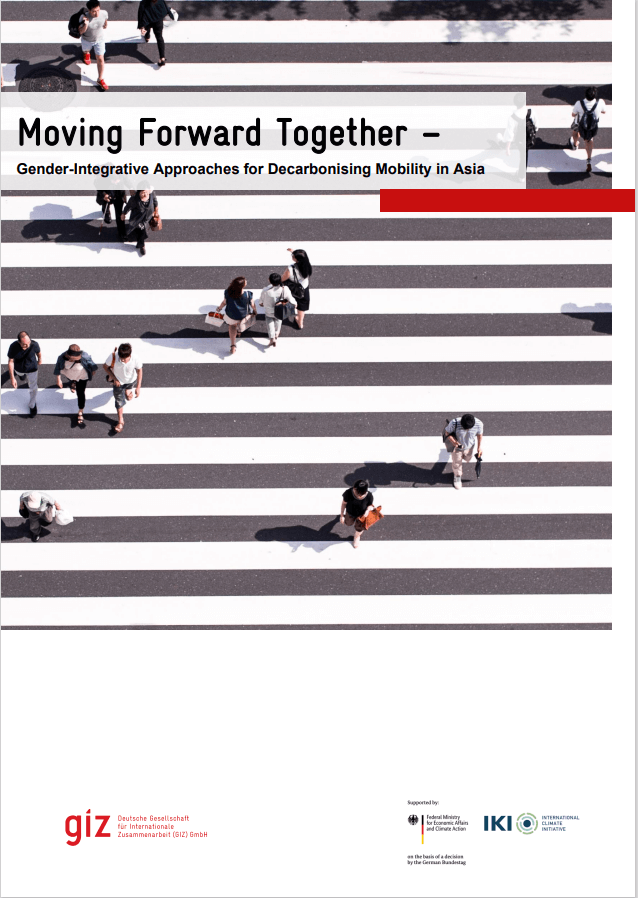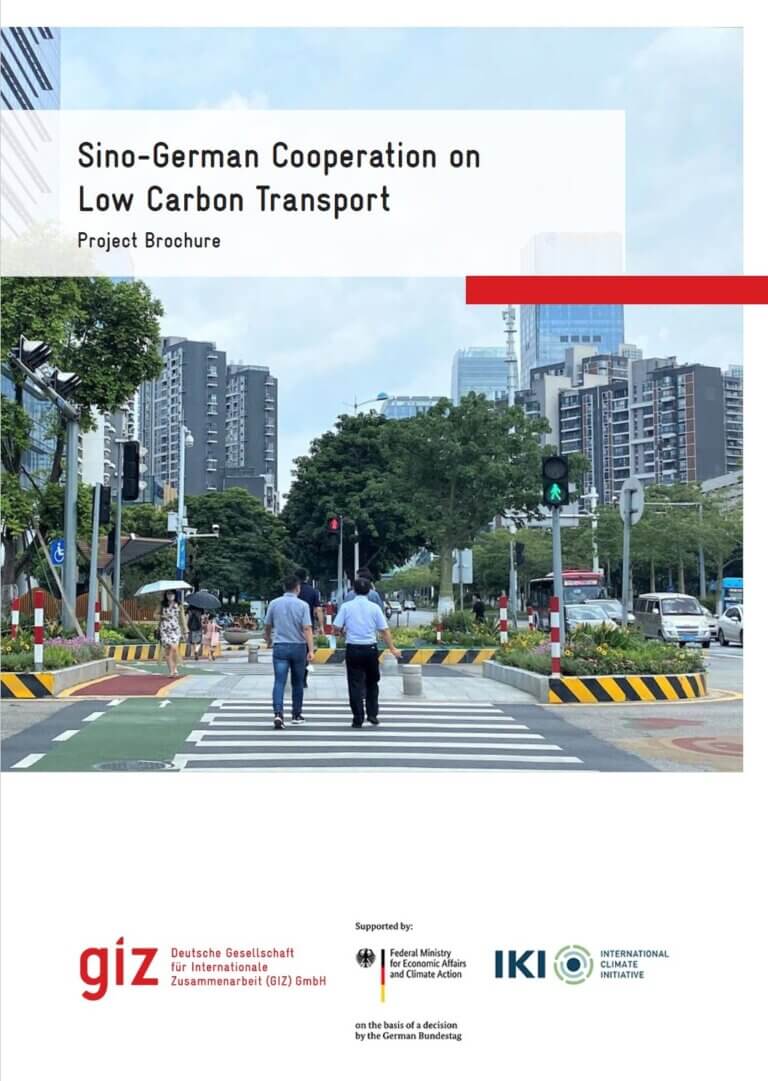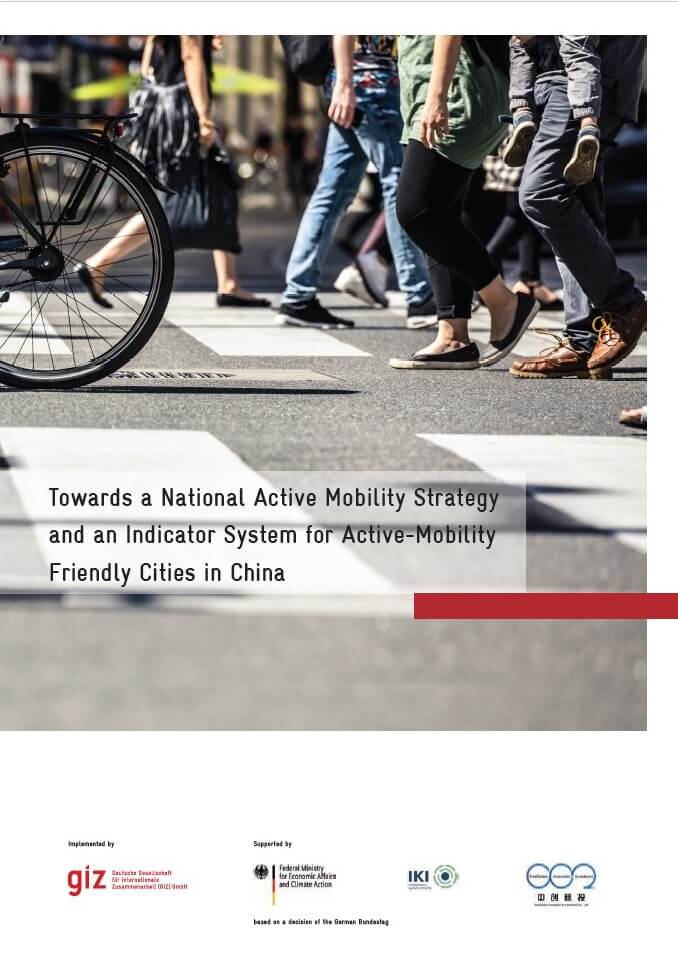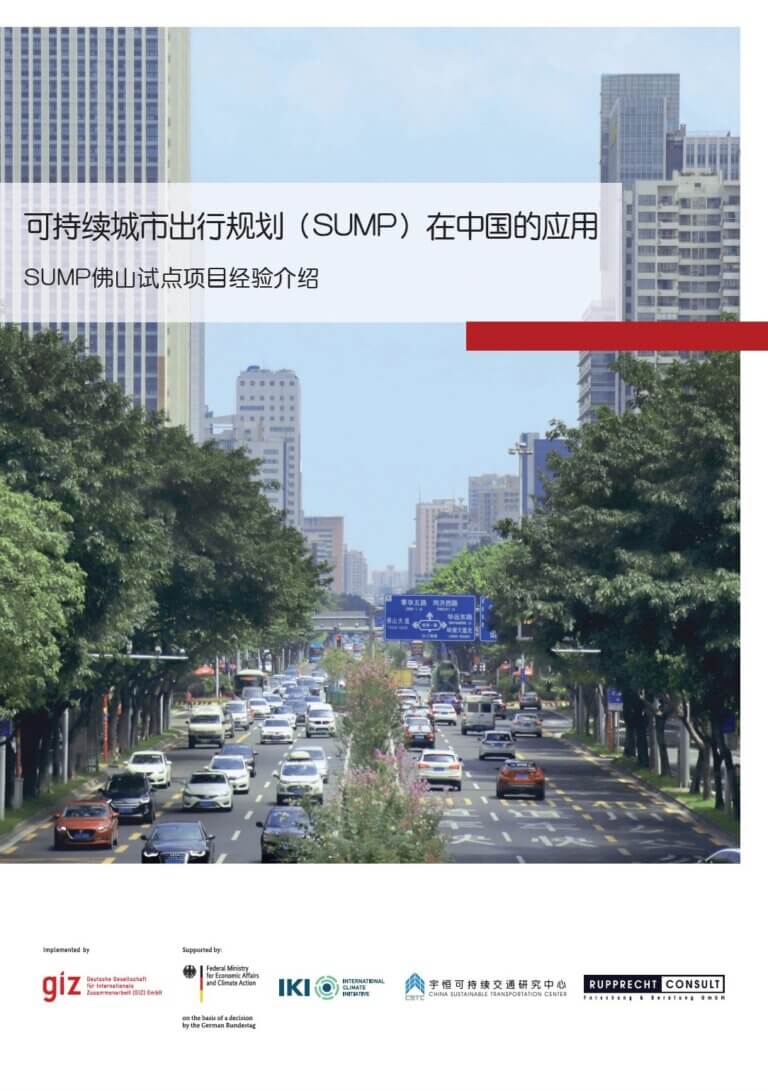The reduction of domestic and short-distance flights depicts an important tool to decarbonise the transport sector. Considering the rapid expansion of the high-speed rail (HSR) network in China, studies point at a significant diversification of people´s mobility choices, strengthening of intercity relations and overall benefits for the socio-economic development due to HSR development. The present study by Prof. Ou Xunmin and his team from Tsinghua University in Beijing traces the country´s HSR expansion and respective policies over the past decades. It further utilizes an in-depth case study of the HSR line Beijing – Shanghai, to quantify the modal shift from civil aviation to HSR as well as its subsequent CO2 emission reduction potential.
The study´s analysis shows that HSR development can contribute to a significant reduction of short-distance flights, with the largest substitution effect on civil aviation occurring within a travel time up to four hours and a travel distance between 500 – 800 km (equal to the route Munich – Berlin of approx. 585 km). Upon the completion of an extensive HSR network in China, 75 % of all short-distance flights are hence estimated to be replaced by HSR. Meanwhile, the electricity mix and occupancy rate depict the largest impact factors of energy consumption and emission reduction for more sustainable travel via high-speed rail. Following these findings, the study provides both insights and general policy recommendations for HSR networks in China and Europe.

